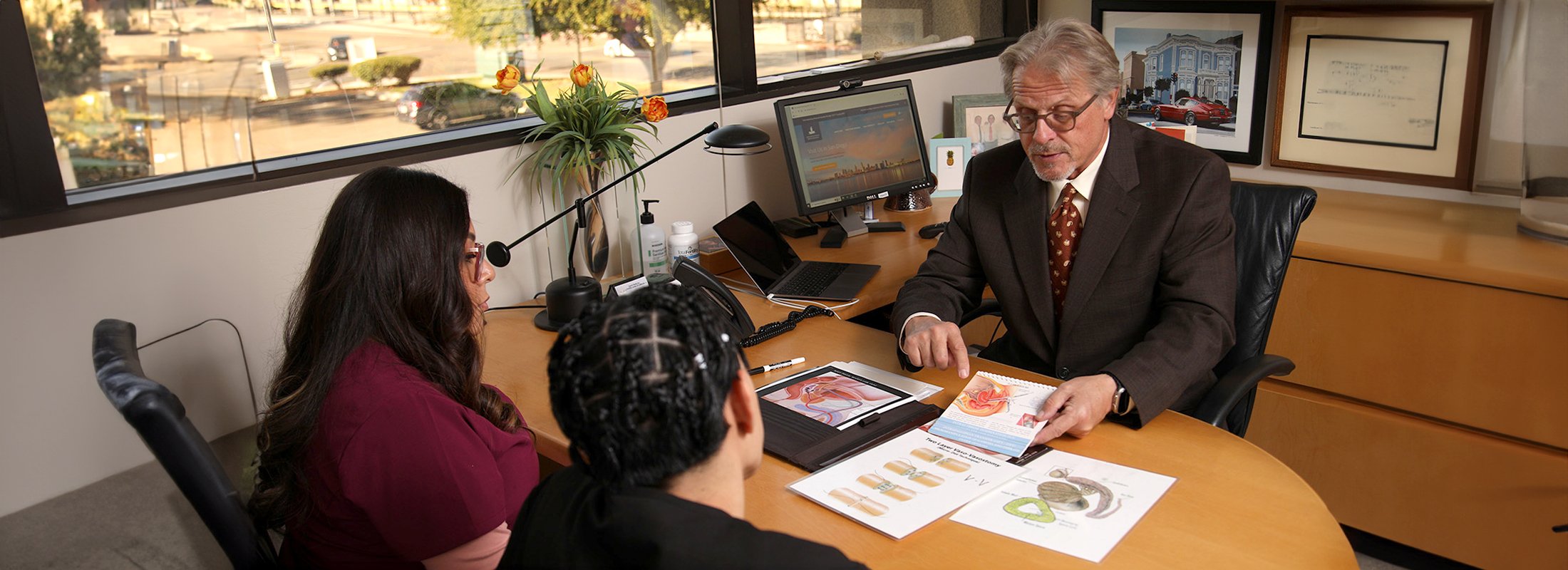Cancer Treatment & Fertility Preservation
When Lance Armstrong was diagnosed with cancer, he did the right thing, he went to a sperm bank and made several deposits of his sperm. By cryopreserving his semen before cancer treatment, he was able to have 3 children later in life with the help of fertility treatments.
If you have been diagnosed with cancer we encourage you to Freeze First! Exploring your fertility options now can potentially avoid financial and emotional distress later in life.
- What should you do after cancer diagnosis?
- What types of cancer affect male fertility?
- How is male fertility affected by cancer?
- Can I restore Male Fertility after cancer?
- Can you recommend additional resources?
Request a Consultation with FCC
Learn About @Home Sperm Freezing
Female Cancer & Fertility Preservation
At the Fertility Center of California we offer fertility preservation for female cancer patients. We do not freeze embryos or eggs at this time, but we do offer long-term storage for embryos and eggs after they are frozen. Many choose to store their specimens at FCC because we use state-of-the-art medical technology and laboratory security and offer affordable fees, including reduced pricing for those undergoing cancer treatments. For female cancer patients that have not reached puberty yet, ovarian tissues can be cryopreserved to safeguard future fertility. Contact us to learn more about your fertility preservation options. We understand that your time is very precious and we will make your future a top priority.
What should you do after cancer diagnosis?
Many men who receive a cancer diagnosis are mostly concerned with starting cancer treatment right away and don’t consider preserving their fertility. Even though men might not think about having children at the time of their cancer diagnosis, it is important to discuss risks of becoming infertile and examine your options prior to cancer treatment. At the Fertility Center of California, we can work together with you and your oncologist to preserve your reproductive health in a timely manner. Our staff cares for all of our patients with the utmost respect and compassion. Read more about our cryopreservation services and the costs of sperm cryopreservation at our lab. We offer sperm freezing kits that can preserve your sperm at home or in the hospital if you do not have time to visit a fertility center and deposit specimens.
What types of cancer affect male fertility?
Any cancer that disturbs the process of spermatogenesis (the process to produce sperm) in a male will affect fertility. Undergoing treatments for cancer such as radiation, chemotherapy or surgery also carries the risk of temporary or permanent male infertility.
Testicular Cancer
The most common type of cancer causing male infertility is testicular cancer. Seminoma, or cancer of the testis, is a well-known type of testicular cancer which is highly treatable. Most cases of testicular cancer in adult males are diagnosed when a nodule or swelling in the scrotum is discovered.
Prostate Cancer
This cancer develops in the prostate gland, which is located in the male’s scrotum. Cancer treatment is based on how advanced the tumor is and may include surgery, radiation therapy and hormonal treatment.
Lymphoma and Hodgkin’s
This is a group of cancers that affect the lymphatic system in charge of the body’s immune system. Abnormal cells in the lymphatic system multiply and form a cell mass or tumor. Hodgkin’s disease or Hodgkin lymphoma is a type of lymphoma that develops from a specific abnormal B lymphocyte. Lymphoma is the most common blood cancer type in the US. Symptoms of lymphoma include swelling in the neck, underneath arms or groin area, where lymph nodes are located.
Leukemia
This cancer of the blood is treated with radiation therapy, which may adversely affect male fertility.
Childhood cancer
Boys undergoing chemotherapy for cancer, before reaching puberty due may have trouble producing a pregnancy as adults. In the case of pre-pubescent cancer patients, testicular tissue cryopreservation is an excellent option. Transplanting the frozen-thawed testicular tissue back to the testes after cancer treatments have finished, may restore spermatogenesis (creation of sperm).
How is male fertility affected by cancer?
Depending on how far the cancer has progressed, the cancer itself can be the cause of low sperm count and overall infertility. When cancer is diagnosed in an early stage, cancer treatment in form of radiation and chemotherapy may affect the male's reproductive health either temporarily or permanently. Studies shows that cancer and/or cancer treatment have an adverse genetic affect on sperm up to 2 years after cancer treatments which may cause pregnancy loss, still birth and birth defects.
Can I restore male fertility after cancer?
It is impossible to predict if cancer and cancer treatments will only temporarily or permanently affects a man’s fertility. Chances of restoring male fertility after cancer depends on the type of cancer, how early the cancer was found, the man’s age and treatment approach. The best way is to preserve fertility is by freezing sperm prior to cancer treatment. Contact us to schedule a consultation.
Can you recommend additional resources?
Fertile Hope www.fertilehope.org
The Fertility Center of California is proud to be an active member of this non-profit organization. We participate in their fertility preservation programs for cancer patients.
American Cancer Society (ACS) www.cancer.org
With over 3,400 offices nationwide, this non-profit organization provides valuable support in local communities.






